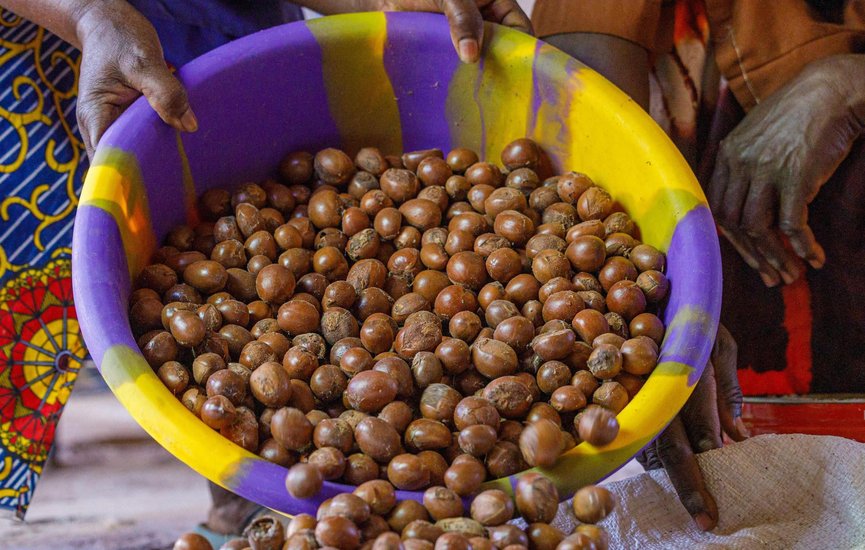Nigeria has announced a six-month ban on the export of raw shea nuts, a strategic move aimed at transforming the country’s role in the global shea industry. Despite producing nearly 40% of the world’s shea crop, Nigeria captures only 1% of the $6.5 billion global market, a disparity Vice President Kashim Shettima described as unacceptable. The ban is designed to shift Nigeria from being a major exporter of raw materials to a leading supplier of refined shea butter, oil, and derivatives. By prioritizing local processing, the government hopes to unlock greater economic value, create jobs, and empower rural communities, particularly women who dominate the shea sector.
The directive, announced during a multi-stakeholder meeting at the Presidential Villa in Abuja, is part of a broader “pro-value addition” policy. It aims to secure raw materials for domestic processors, many of which currently operate at less than half their installed capacity. Agriculture Minister Abubakar Kyari revealed that Nigeria produces approximately 350,000 metric tonnes of shea annually, yet nearly 25% of this output is lost to informal cross-border trade. This unregulated flow not only undermines the country’s export potential but also leaves small-scale farmers vulnerable to exploitation, with many unaware of the true value of their harvest.
Experts like Dr. Ahmed Ismail from the Federal University of Minna have praised the ban as a long-overdue intervention. He emphasized that better regulation and local refining will not only increase government revenue but also improve livelihoods for those who rely on shea for sustenance. The shea belt, which stretches across West to East Africa, is home to millions of wild-growing shea trees, and Nigeria’s vast natural endowment gives it both a comparative and absolute advantage in the industry. With over five million hectares of shea trees and a predominantly female workforce, the sector holds immense potential for rural transformation and gender empowerment.
In addition to boosting domestic production, Nigeria is actively pursuing international market access for its refined shea products. Discussions with Brazil are underway to secure preferential trade terms within the next three months, further expanding Nigeria’s global footprint. President Bola Tinubu and Vice President Shettima have framed the ban not as a restriction, but as an opportunity to open better doors for economic growth. By investing in local value chains and protecting the dignity of rural producers, the government envisions a shea industry that yields long-term prosperity for women, farmers, and the nation as a whole.
